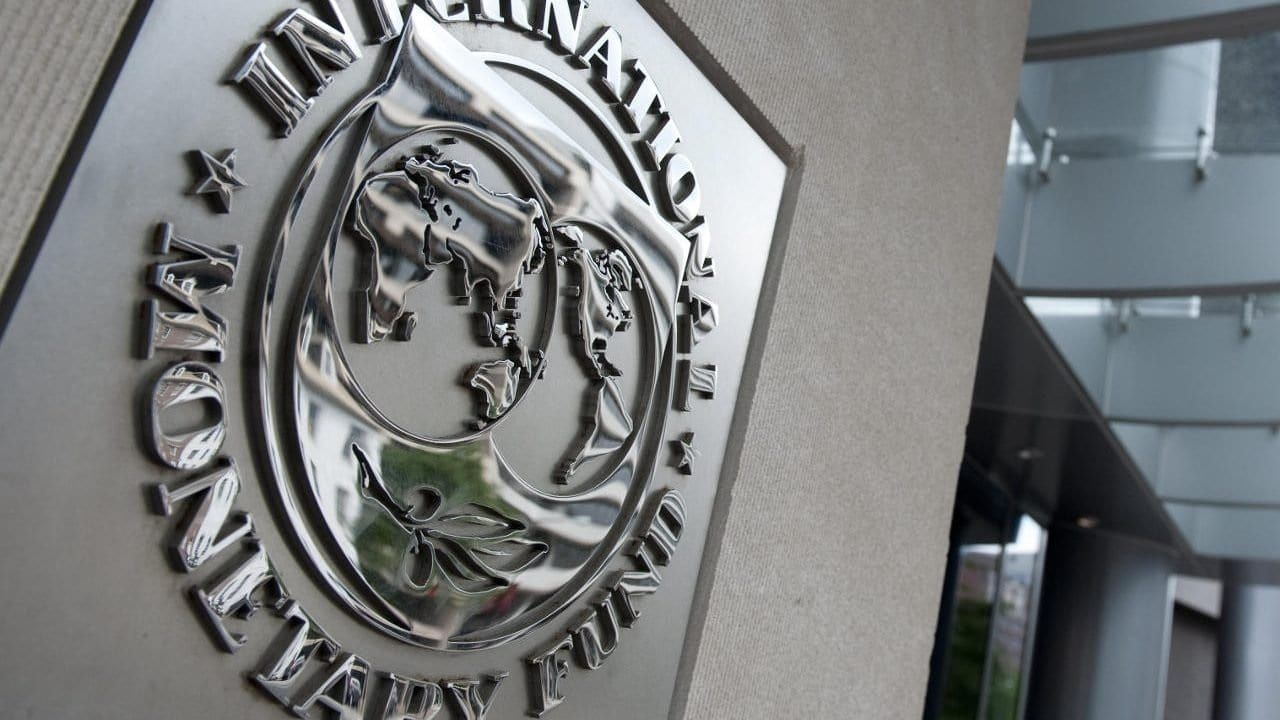The Fundación Ambiente y Recursos Naturales (FARN), Espacio de Trabajo Fiscal para la Equidad (ETFE) and Recourse, presented a document that analyzes the current state of Argentina and its agreement with the International Monetary Fund (IMF). The debt problem, the need for an environmental and human rights perspective and the paths to be taken so that the country can comply with its international obligations.
After 15 years, Argentina resorted again to the IMF in 2018. A Stand By Agreement (SBA) was signed with the IMF for a record $57 billion –the largest loan in the history of the Fund, tainted with irregularities– to deal with an exchange rate crisis. Far from solving the problem, the agreement allowed the government to artificially contain the exchange rate amid capital flight. An internal evaluation in 2021 concluded that: ‘IMF resources ended up servicing unsustainable debt and financing a massive capital flight’. Today, the country is burdened with a debt that failed to create the necessary conditions for its repayment.
The IMF renewed a flawed agreement (2018) for the Extended Fund Facility (EFF) in 2022 with demands for fiscal adjustment and increased fossil fuel exports as targets. These demands were not eased during 2023, when the country suffered the worst drought in six decades.Throughout this period, the IMF demanded the payment of surcharges associated with both agreements, amounting to approximately $1 billion per year. When the Milei government took office at the end of 2023, it promised to over-fulfill the IMF targets, which it has done on fiscal matters.
The government implemented a strong fiscal consolidation process focused on the reduction of public spending. Various budget items were cut and others under-executed, the main way forward being avoiding updates in spending to match the inflation rate, which translated into a spending reduction in real terms. Public spending fell by 27.9% in real terms up to July 2024. Since there was no approved national budget for 2024, the government has great discretion to make these adjustments.
The fiscal policy pursued under the Milei government and endorsed by the IMF has undermined Argentina’s compliance with its fundamental human rights and climate commitments. Budget allocations for the environment, education, health and social protection have fallen in real terms year-on-year between July 2023 and 2024.
In environmental matters, the debt burden hinders the fulfillment of international commitments by pushing the country towards the defunding of climate change adaptation and mitigation policies. In the first six months of 2024, Argentina paid $1.57 billion in interest to the IMF, which represents the equivalent of 148 times the 2024 budget for the promotion of renewable energies, 105 times the budget for fire management and 129 times the budget for the Environmental Protection of Native Forests.
Signatures:
Espacio de Trabajo Fiscal para la Equidad – ETFE
Fundación Ambiente y Recursos Naturales- FARN
Recourse
